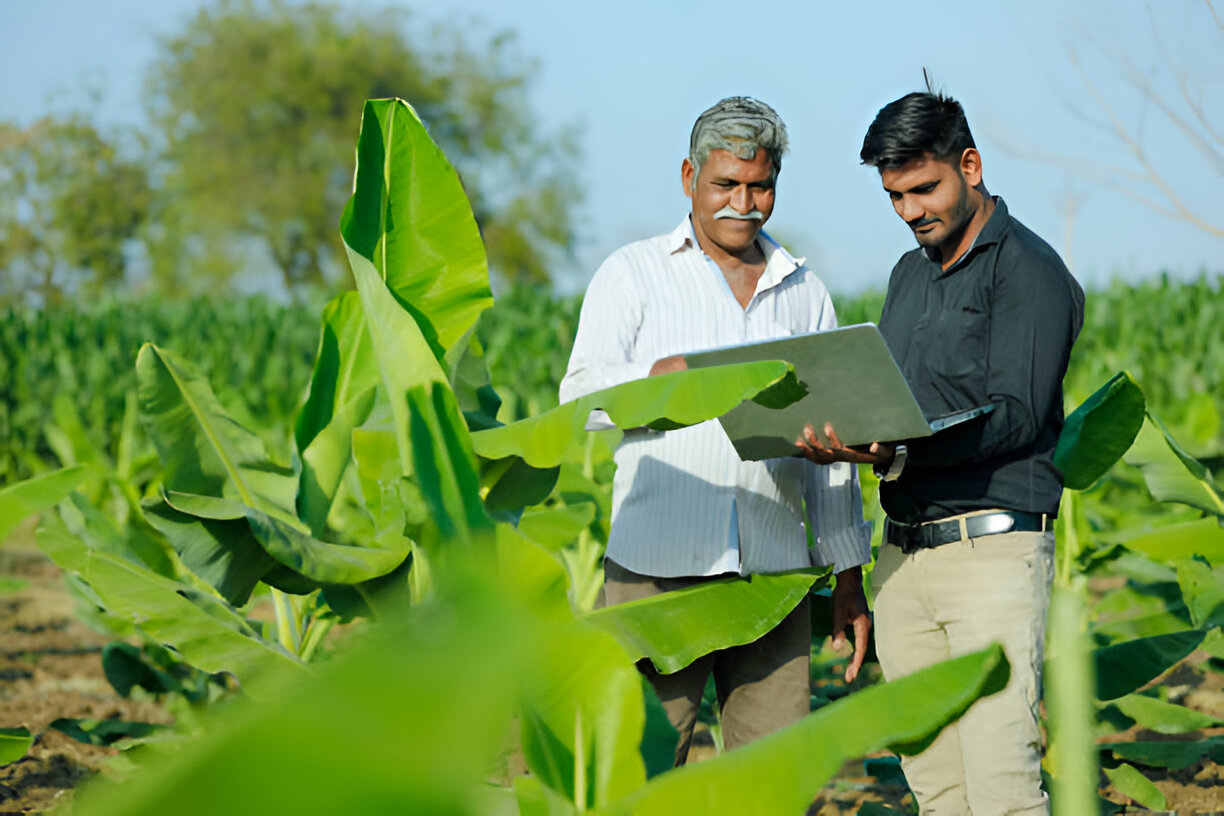
B.Sc. (Hons.) Agriculture
A
B.Sc. in Agriculture is an undergraduate degree program that provides students
with a comprehensive understanding of the science and practice of agriculture.
This program encompasses various aspects of crop and livestock management, soil
science, agricultural economics, and environmental sustainability. It is
designed to equip students with the knowledge and skills needed to address
contemporary challenges in agriculture and contribute to the advancement of the
agricultural sector.
Overview
Agriculture
is a critical field that involves the cultivation of plants and the raising of
animals for food, fiber, and other products. The B.Sc. in Agriculture covers a
broad range of topics related to the efficient and sustainable production of
agricultural products. The program integrates scientific principles with
practical applications to improve agricultural practices, enhance productivity,
and ensure environmental stewardship.
Key Components of the Program
- Core
Courses: Students typically take foundational
courses in plant science, animal science, soil science, agronomy, and
agricultural technology. These subjects provide a solid grounding in the
essential aspects of agriculture, including crop growth, livestock management,
and soil health.
- Specialized
Areas: The program may include specialized
courses in areas such as pest management, irrigation systems, agricultural
economics, and farm management. These courses allow students to explore
specific interests and gain expertise in particular areas of agriculture.
- Practical
Experience: Hands-on experience is a critical
component of the B.Sc. in Agriculture. Students often participate in laboratory
work, field studies, and internships, providing them with practical skills in
crop management, soil testing, and agricultural machinery operation.
- Research
Opportunities: Many programs offer research
components where students can engage in projects related to agricultural
innovations, sustainable practices, or environmental impact assessments. This
research helps students develop analytical and problem-solving skills.
- Career
Opportunities: Graduates of this program can
pursue various career paths in agriculture, including roles as agricultural
consultants, farm managers, crop advisors, livestock specialists, and
agricultural researchers. They may work for government agencies, private
companies, research institutions, or non-governmental organizations.
Importance
A
B.Sc. in Agriculture is crucial for addressing the global need for sustainable
and efficient agricultural practices. With the growing demand for food and the
challenges posed by climate change, this degree prepares students to contribute
to innovations in agriculture that promote food security, environmental
sustainability, and economic viability.
In
summary, a B.Sc. in Agriculture provides students with a thorough understanding
of agricultural science and practices. The program equips graduates with the
skills needed to address challenges in the agricultural sector, contribute to
advancements in farming techniques, and support sustainable agricultural
development.
University List
| University Name | Country | State | City |
|---|---|---|---|
| ITM University Gwalior | India | Madhya Pradesh | Gwalior |
| GD Goenka University Sohna Gurgaon | India | Haryana | Gurgaon |
| AKS University, Satna Madhya Pradesh | India | Madhya Pradesh | Satna |
| Mangalayatan University, Jabalpur Madhya Pradesh | India | Madhya Pradesh | Jabalpur |
| G H Raisoni University, Saikheda Chhindwara | India | Madhya Pradesh | Chhindwara |
| Uttaranchal University, Prem Nagar Dehradun | India | Uttarakhand | Dehradun |
| Sam Higginbottom University of Agriculture, Technology and Sciences Prayagraj, Uttar Pradesh | India | Uttar Pradesh | Prayagraj |
| Centurion University of Technology and Management Village Paralakhemundi Orissa | India | Odisha | Paralakhemundi |
| Bordikar College of Agriculture Selu Dist. Parbhani | India | Maharashtra | Selu |
| Geetha University, Panipat | India | Haryana | Panipat |
